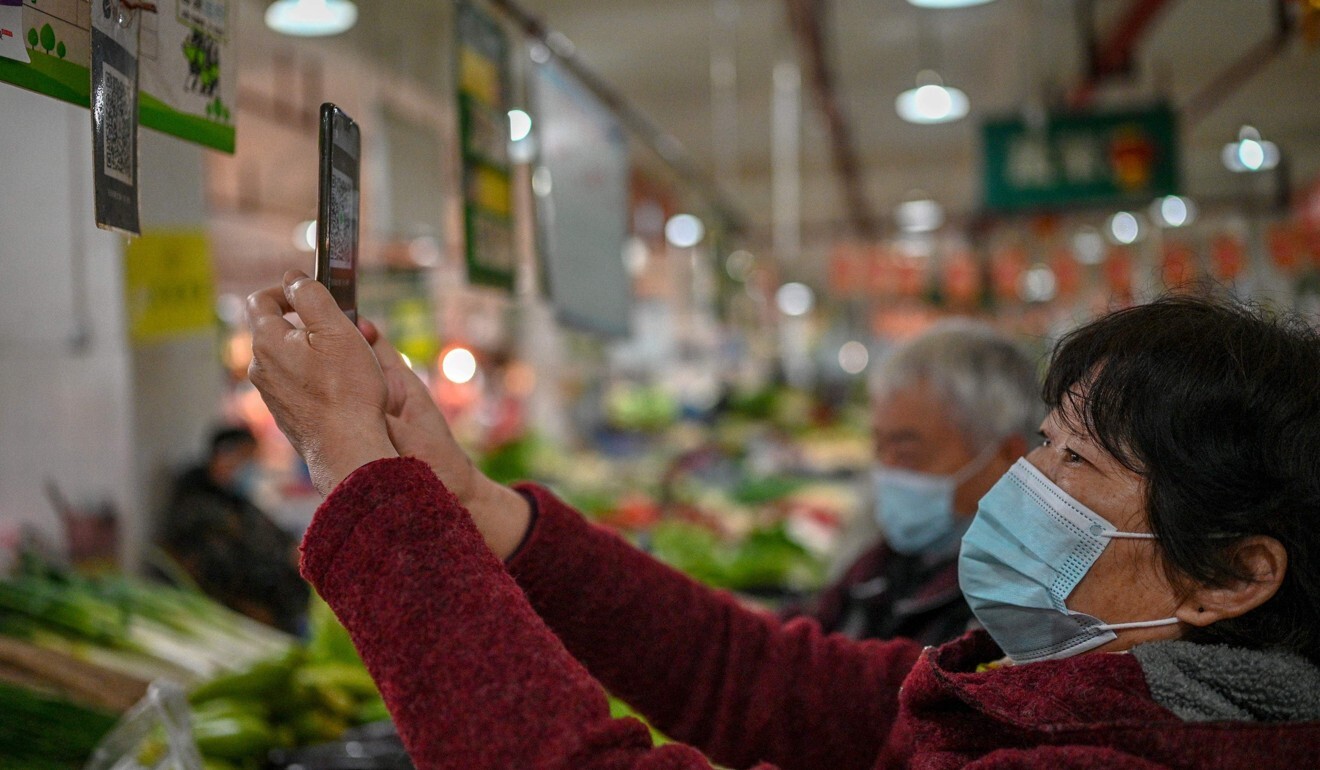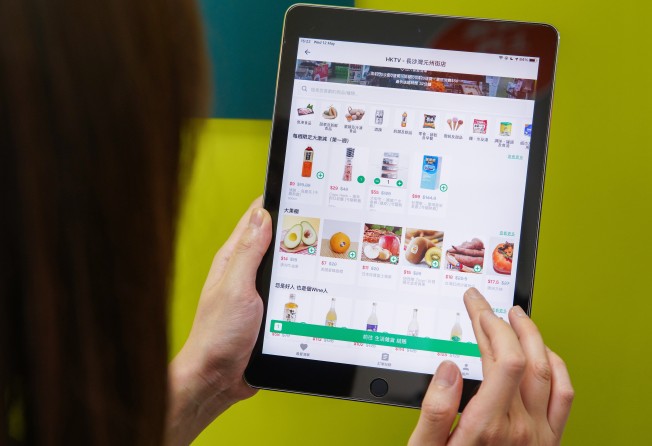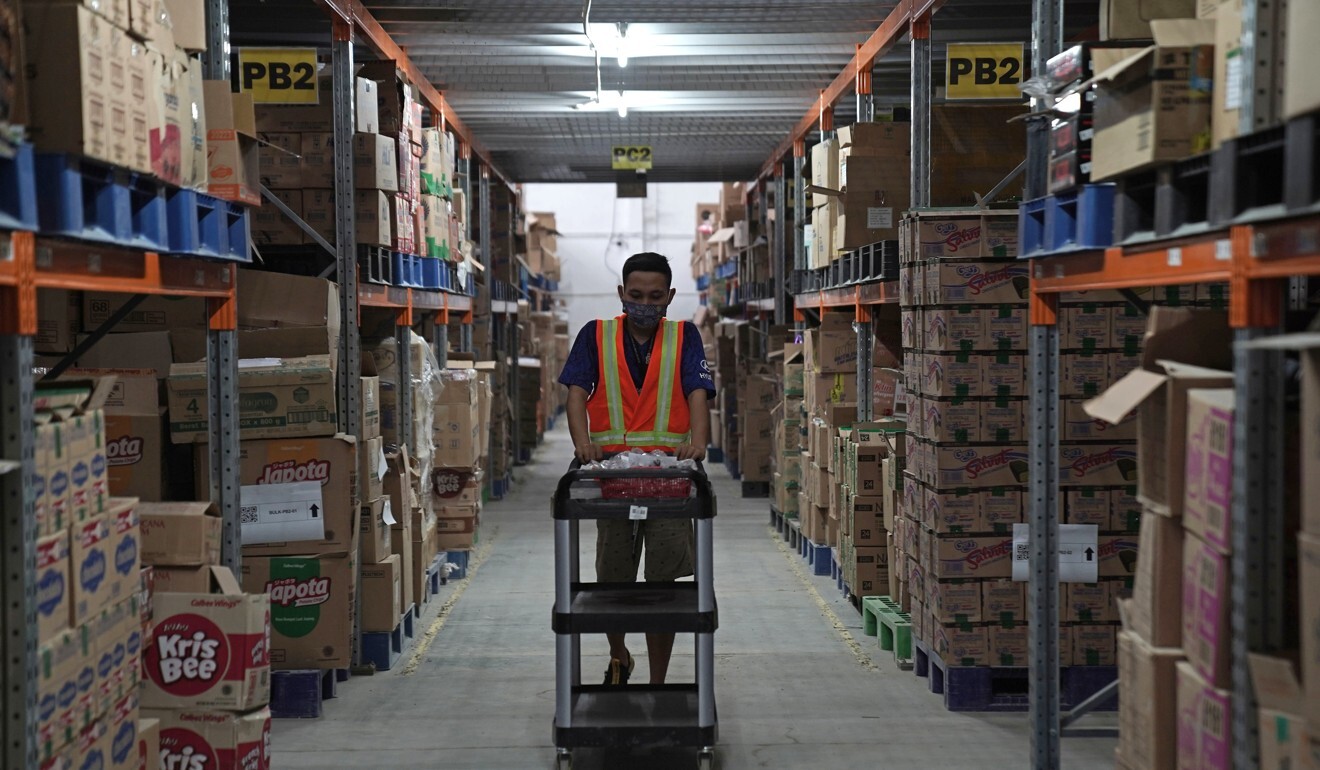
Women can drive Southeast Asia’s e-commerce boom with improved access and financial support, IFC report says
- Women account for half the region’s e-commerce vendors but tend to run smaller-scale businesses in high-competition, low-value sectors
- The coronavirus pandemic has accelerated the transition to online platforms but has also disproportionately hurt female-owned businesses

Southeast Asia’s e-commerce market could grow by more than US$280 billion between 2025 and 2030 but women must be empowered with greater access to online platforms as well as improved training and financial support if their businesses are to recover from the effects of the coronavirus pandemic, according to a report published on Thursday by the International Finance Corporation (IFC).
Online shopping in the region has increased in recent years due to improved internet access, affordable mobile devices and the growing number of online platforms financed by local, regional and international venture capital and private equity firms.
The region’s internet economy is forecast to be worth US$309 billion by 2025, nearly triple its US$105 billion value last year, according to a joint report by Google, Temasek and Bain & Co.
E-commerce plays a major role in supporting that growth – the sector is expected to contribute US$172 billion by 2025, increasing from US$62 billion last year.
The IFC, which is a member of the World Bank Group, concluded women last year contributed US$26.35 billion to the region’s e-commerce sector, less than the US$35.65 billion contributed by men.
This is despite the fact women account for half the active e-commerce vendors in Southeast Asia, as they more often run smaller-scale businesses in high-competition, low-value sectors, the IFC report said.
Meanwhile, the Covid-19 pandemic has accelerated the transition to online transactions and digital entrepreneurship in many parts of Southeast Asia, but it has also exacerbated the “widespread differences between men and women in digital and financial inclusion” that restrict female entrepreneurs, the report said.

Gross Merchandise Value (GMV) data provided by Lazada, the Singapore-based e-commerce firm, measures the volume of goods sold on e-commerce platforms. Alibaba Group Holding is the parent company of Lazada as well as the South China Morning Post.
The IFC report showed female-owned businesses using Lazada were before the pandemic outselling male-owned businesses by 106 per cent in the Philippines and by 164 per cent in Indonesia.
As a result of the pandemic, businesses owned by women in the Philippines watched their GMV shrink to 79 per cent of the GMV of male-owned businesses.
Businesses owned by Indonesian women continued to outsell businesses owned by men on the platform but the gap in GMV narrowed from 164 per cent to 120 per cent.
“These findings corroborate emerging research that shows how the pandemic had a stronger impact on women-owned businesses – and this trend is seen across sectors and regions,” the IFC report said.
“In the case of e-commerce sellers, the Covid-19 impact was likely due to a combination of sector selection, reduced ability to adapt through finance or digital solutions, and the disproportionate effects of increased care needs.”
“Sector selection” refers to the types of products sold, including electronics, fashion, fast-moving consumer goods and general merchandise.
In both countries, women fare better than men for financial inclusion but Indonesian women still trail men in internet access.
In 2019, more than half of Indonesian women had a bank account, compared to 46 per cent of men. In the Philippines, 38.9 per cent of women had a bank account compared to 30 per cent of men. However, more Indonesian men than women were online: 50.5 per cent to 44. 9 per cent. In the Philippines, men and women were even with 43 per cent.

Barriers to entry
Lack of financing to grow their businesses online is another challenge facing the region’s female entrepreneurs, the IFC report said.
Before the pandemic, the financing gap for female-owned firms in emerging markets was US$1.48 trillion, accounting for almost one-third of the financing gap in small and medium enterprises around the world.
The IFC report said 78 per cent of women and 71 per cent of men surveyed in Indonesia and the Philippines relied on personal savings to start their online businesses, but in both countries men were 2 per cent more likely than women to receive a loan from a bank or other financial institution.
“Taking a loan from a formal source is scary because it’s risky,” a female vendor in Indonesia told IFC researchers. “It’s better for me to negotiate with my suppliers or take loans from my family and friends than to take a loan from a bank.”
Female vendors were also more eager than men to pursue training to expand their businesses, the report said. Women in Indonesia and the Philippines said selling online offered them a flexible schedule, which can be particularly beneficial to women caring for children.
Apart from expanding financial inclusion among marginalised groups, including women, the IFC report recommended policymakers collaborate with platforms to understand and address gender gaps, as well as legal constraints holding women back.
“While countries in the region have implemented many of the best-practice approaches regarding equal rights in marriage, other indicators such as protections in the workplace, entrepreneurship, assets and pensions continue to fall short of global averages,” the report said.